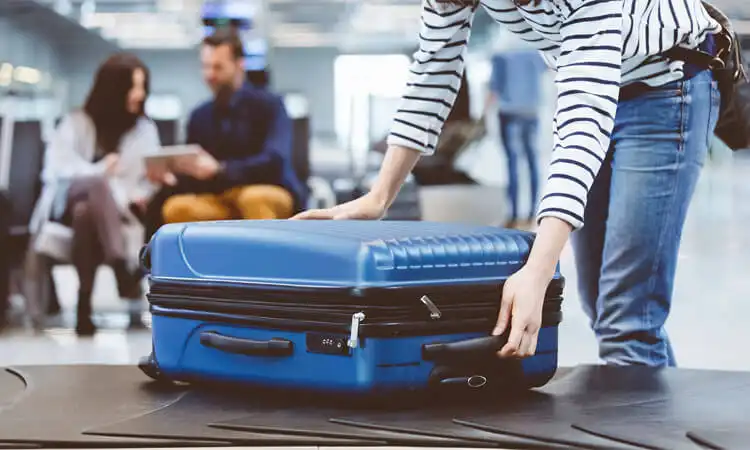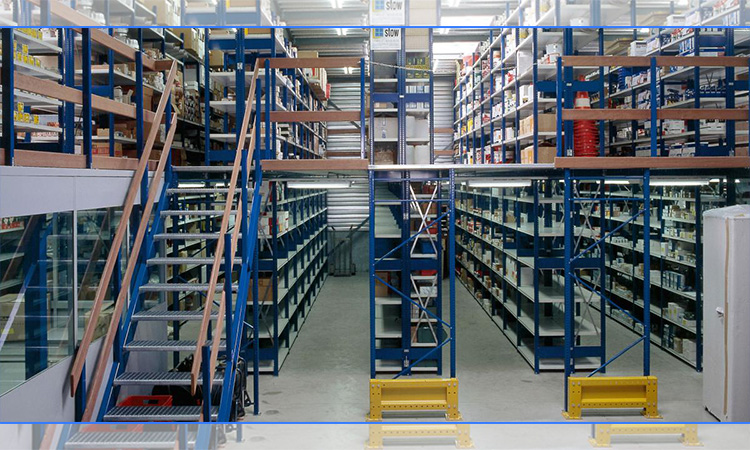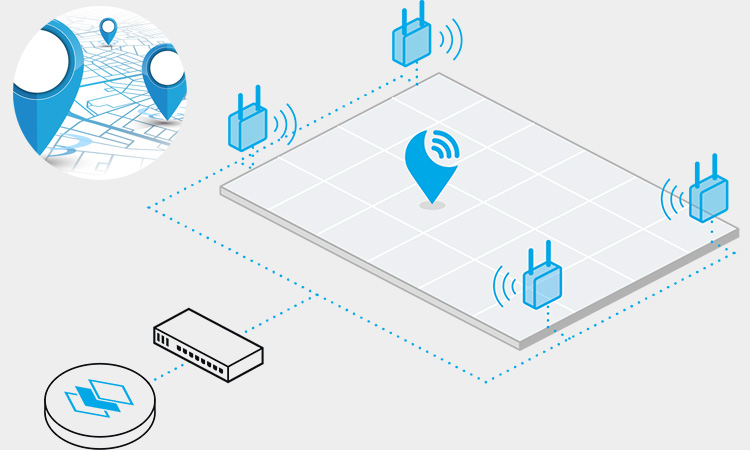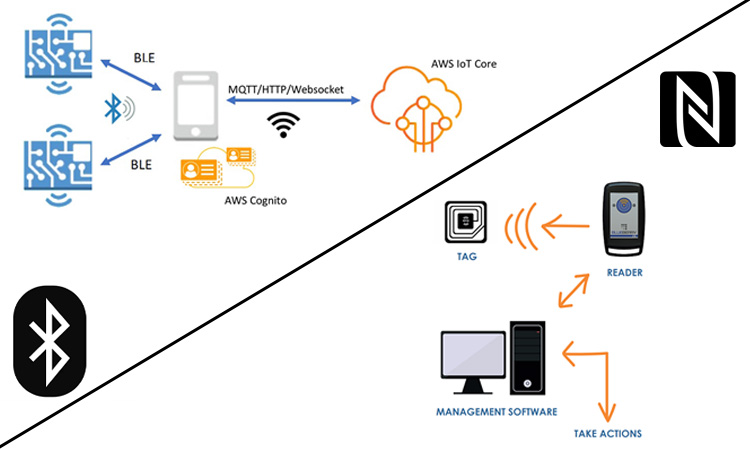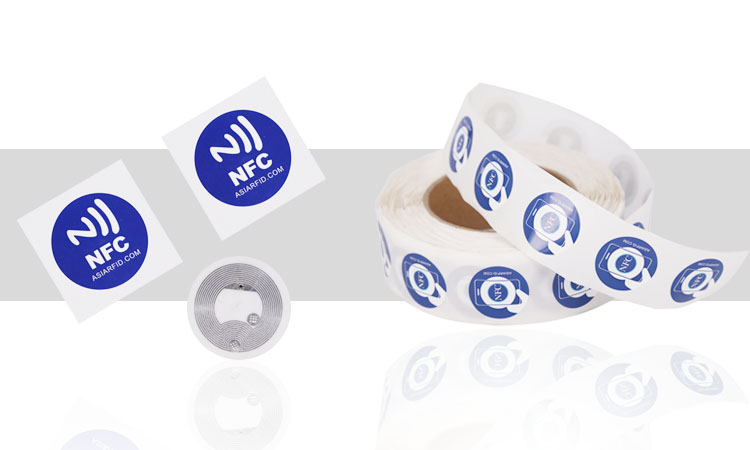Air travel has become an essential mode of transportation for millions of people around the world. However, with the increasing number of passengers, airlines face several challenges, including baggage handling and tracking. Lost or delayed baggage can cause significant inconvenience and frustration for travelers. To address this issue, airlines have been exploring new technologies, including RFID baggage tracking.
What is RFID?
RFID (Radio Frequency Identification) is a technology that uses radio waves to identify and track objects. It consists of a tag containing a microchip, an antenna, and a reader emitting radio waves and receiving signals from the tag.
When it comes to baggage tracking, RFID technology can be used to create a more efficient system. By attaching RFID tags to luggage, airlines can track bags using RFID readers placed throughout the airport. This method of baggage tracking using RFID and blockchain technology can help improve airport baggage management and reduce the number of lost or misplaced bags.
RFID airline baggage tracking and RFID baggage tagging are just a few examples of how this technology is used in airport baggage handling. By implementing a baggage handling system with RFID suitcase tags, airports can provide passengers with real-time updates on their luggage’s location and streamline the baggage handling process.
How does RFID Baggage Tracking Work?
When a passenger checks in their luggage, an RFID tag is attached to the bag. This tag contains information about the passenger and their flight, including the destination and any connecting flights. As the bag moves through the airport, it passes by RFID readers, which pick up the tag’s signal and transmit the information to a central database.
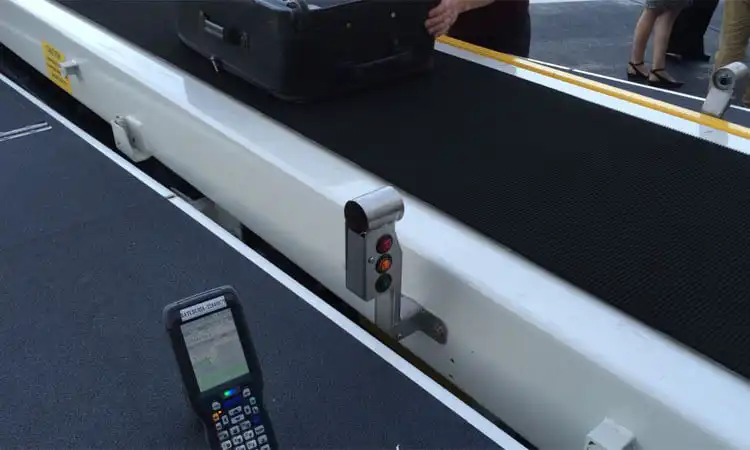
Passengers can track their luggage in real-time using an app or website, allowing them to see exactly where their bags are and when they will be delivered. This not only provides peace of mind for passengers but also allows airlines to quickly locate lost or delayed bags.
What Information can You Find on a Baggage Tag?
If you’re planning to travel by air, you may have heard of a baggage tag or luggage tag. A baggage tag is a label attached to your luggage to help identify it and ensure it reaches your intended destination. Typically, a baggage tag includes your name, flight number, destination, and contact information. Some tags may also include details about your bag’s weight, size, and contents.
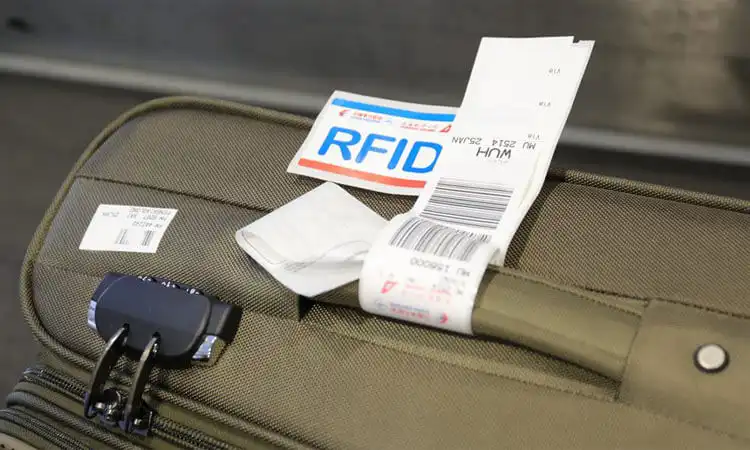
Baggage tags serve an important purpose in air travel. They help airlines keep track of your luggage and ensure it is routed to the correct destination. If your luggage is lost or delayed, the information on your baggage tag can help airline personnel quickly identify your bag and reunite you with it as soon as possible.
How Accurate is RFID Tracking?
RFID tracking technology is widely recognized for its high accuracy, often achieving millimeter-level precision. Various factors, including the type of RFID tag, the tracking environment, and the distance between the tag and the reader, influence the accuracy of RFID tracking.
In practical applications, RFID tracking provides highly precise information on the location of items in the supply chain and retail stores. For instance, a study by GS1 US and Auburn University’s RFID Lab found that RFID users can achieve nearly perfect order accuracy in the retail supply chain.
What are the Advantages of RFID Baggage Tracking?
RFID baggage tracking offers several advantages over traditional barcode scanning. Here are some of the benefits:
Improved Accuracy and Speed
RFID technology uses radio waves to communicate between a tag attached to the luggage and a reader. This means that RFID can read multiple tags at once without needing a line of sight. This makes the process of tracking luggage faster, more accurate, and less prone to errors.
Real-Time Tracking
With RFID, airlines can track luggage in real-time, from check-in to baggage claim. This means that airlines can quickly locate lost or delayed luggage and update passengers in real-time.
Reduced Baggage Mishandling
RFID technology can help reduce the number of mishandled bags, saving airlines millions of dollars in costs and improving customer satisfaction. RFID can help airlines detect and resolve luggage routing errors more quickly, reducing the chance of luggage getting lost or delayed.
Increased Security
RFID baggage tracking also increases security. By tracking bags in real-time, airlines and airports can ensure that luggage is not tampered with or stolen. In addition, RFID technology can be used to monitor baggage through every stage of the journey, from check-in to arrival. This means that airlines and airports can quickly identify any issues or delays and take appropriate action.
Improved Efficiency
RFID technology can help airlines improve their operational efficiency by reducing the time it takes to load and unload luggage. This can help airlines reduce turnaround times and improve their on-time performance.
Enhanced Customer Experience
RFID-enabled baggage tracking can also enhance the customer experience. By providing real-time tracking information, passengers can stay informed about the status of their luggage. This can reduce anxiety and stress, particularly for passengers traveling with valuable or important items. In addition, RFID technology can be used to automatically route luggage to the correct destination, ensuring that bags arrive on time and in the right place.
Cost Savings
Finally, an RFID baggage tracking system can save airlines and airports costs. By reducing the risk of lost or stolen luggage, airlines can avoid the cost of compensating passengers for lost items. In addition, RFID technology can help airlines and airports to optimize baggage handling processes, reducing the need for additional staff and equipment.
Which Airlines are Using RFID Baggage Tracking?
Several airlines have already implemented RFID baggage tracking, including Delta Air Lines, American Airlines, and Air France. Delta Air Lines, for example, has installed RFID readers at 344 airports worldwide and has seen a 99.9% success rate in tracking bags.
What Should I do If My Luggage is Lost or Delayed at the Airport?
If you’ve lost or delayed your baggage, there are a few steps you can take to trace it:
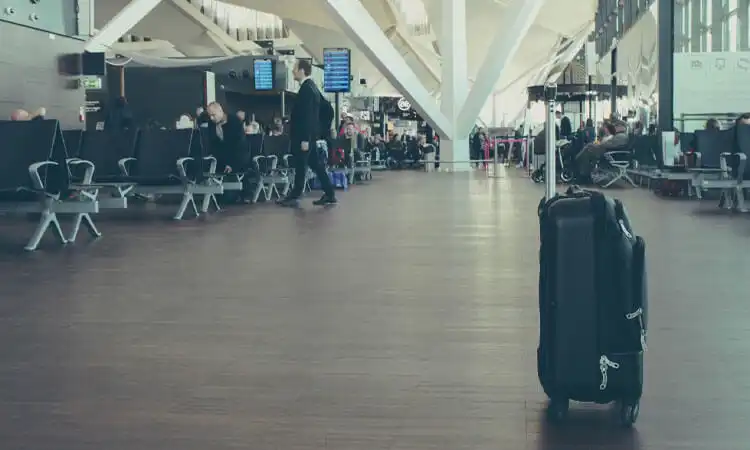
- Report your lost or delayed baggage to the airline as soon as possible. Most airlines have a baggage tracing process that involves filing a report with details about your baggage, such as the baggage tag number and a description of the bag.
- Use the baggage reference number provided by the airline to track the status of your baggage. Many airlines offer online baggage tracking tools that allow you to check the status of your baggage.
- If your baggage is still missing after a certain amount of time, typically five to fourteen days after the flight, the airline may declare it lost. At this point, you may be eligible for compensation from the airline.
How can I Track My Luggage Internationally?
If you’re traveling internationally and want to ensure that your luggage arrives safely, several methods are available to help you track your bags if they are lost or delayed. Here are some of the most common methods:
- GPS luggage trackers: These devices use GPS technology to track the location of your luggage in real time. Popular GPS luggage trackers include the Tracki Mini GPS Tracker and the LandAirSea 54 GPS Tracker. These devices can be particularly useful for international travel, as they can work anywhere in the world.
- Airline baggage tracking: Most airlines have a baggage tracking process that involves filing a report with details about your baggage, such as the baggage tag number and a description of the bag. You can use the baggage reference number provided by the airline to track the status of your baggage. Many airlines also offer online baggage tracking tools that allow you to check the status of your baggage.
- Luggage shipping services: Some companies offer luggage shipping services that allow you to send your bags ahead of your trip and track them throughout their journey. These services can be particularly useful for international travel, as they can help you avoid the hassle of checking bags and dealing with lost or delayed luggage. Popular luggage shipping services include Send My Bag and Luggage Forward.
How can I Track My Luggage with the Tag Number?
If you need to track your luggage using a bag tag number, you can usually do so by visiting the airline’s website and using their baggage tracking tool. Most airlines, including Delta Airlines, United Airlines, and American Airlines, offer this service. You’ll typically need to enter your last name and bag tag number to use the tool.
You need to keep in mind that not all airlines have baggage tracking systems in place, so it’s a good idea to confirm with your airline before your trip. Furthermore, keeping a record of your bag tag number and any other identifying information is good practice in case your luggage is lost or misplaced during your travels.
RFID baggage tracking is a game-changer for the air travel industry. It offers a faster, more efficient, and more accurate way of tracking luggage, which can significantly improve the customer experience and reduce costs for airlines. As more airlines adopt this technology, we can expect to see a significant improvement in baggage handling and tracking, making air travel a more pleasant and hassle-free experience for everyone.
Frequently Asked Questions (FAQs)
-
Q: Can RFID be used for tracking?
A: Yes, RFID can be used for tracking luggage. RFID tags are attached to luggage and can be read by RFID scanners, allowing airlines to track the location of the luggage throughout the travel process. RFID technology can help improve the accuracy and efficiency of luggage tracking systems.
-
Q: Is there a tracker for lost luggage?
A: Yes, there are several luggage trackers available in the market that can help track lost luggage. These trackers use GPS or Bluetooth technology to track the location of the luggage and provide real-time updates to the user. Some popular luggage trackers include Tile, Tracki, and Apple AirTag.
-
Q: Are luggage trackers worth it?
A: Whether or not luggage trackers are worth it depends on individual preferences and travel needs. Luggage trackers can help track lost luggage and provide peace of mind during travel. However, they can also be an additional expense and may not be necessary for everyone. It’s important to consider the tracker’s cost, travel frequency, and the likelihood of losing luggage before deciding if a luggage tracker is worth it.
-
Q: Can I use an AirTag to track my luggage?
A: Yes, Apple AirTags can be used to track luggage. AirTags uses Bluetooth technology to communicate with nearby Apple devices and can provide real-time location updates to the user. However, it’s important to note that AirTags are not specifically designed for luggage tracking and may not be as effective as dedicated luggage trackers.


